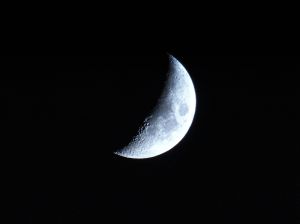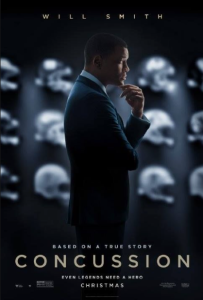A look back at the 2016 Best Picture nominees
The 2015/2016 awards season will come to an end on Sunday, Feb. 26, when the Oscars are to be presented at the Dolby Theater in Hollywood. In preparation for the big day, let’s look back at the stories that came to life in our theatre screens in 2016 and earned a Best Picture nomination.
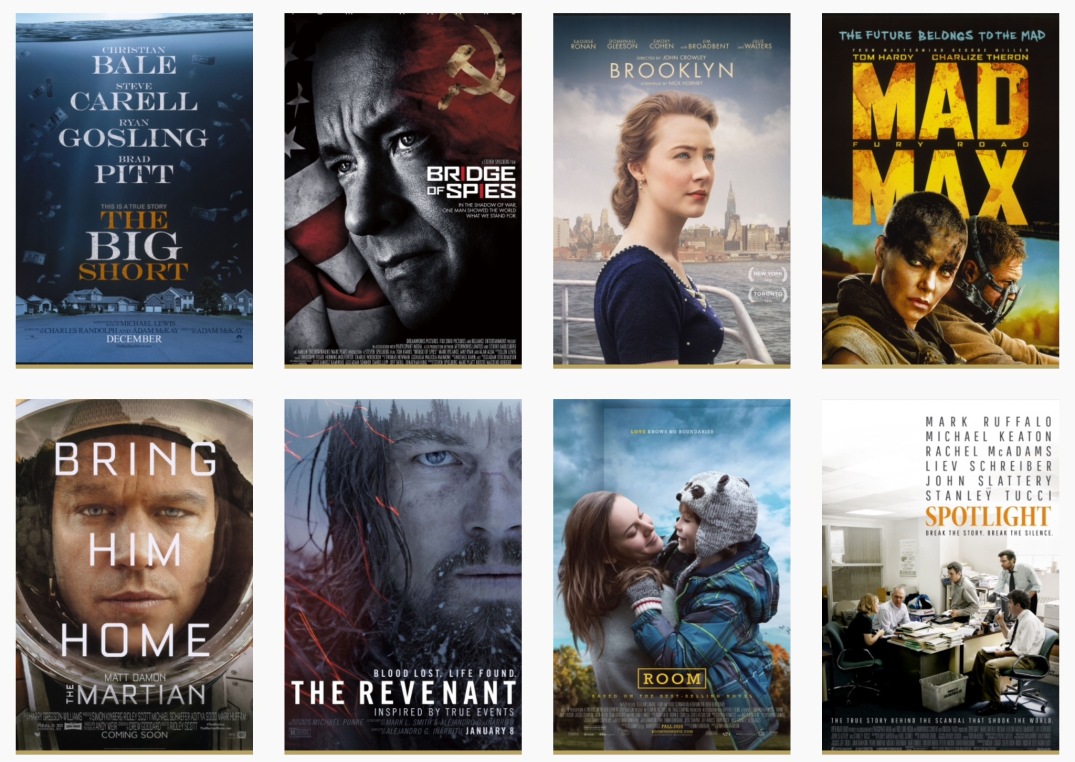
Pictures and arrangement found at oscars.go.com.
The Big Short
Featuring a star rich cast (Brad Pitt, Steve Carell, Ryan Gosling, Christian Bale), this movie tackles the 2007 housing market crash. It is the story of a few men who were able to predict the crash and began “betting” against the big banks ability to handle all the loans and financings accumulated on top of each other.
“The Big Short” is a good movie. It manages to get a dry and boring topic for most of us to work dramatically. This happens because each character is very well developed and different in specific ways, and all of them are played by excellent actors. As a highlight, Christian Bale delivers one of his best roles. The movie also escapes conventions and throws in comic and absurd scenes, such as Margot Robbie in a bubble bath, to explain complicated concepts in unconventional ways.
Deserves to win? No. At the end of the day, “The Big Short” can’t escape the scenes with dry explanations and some situations aren’t portrayed in ways that seem universal. Informative, but not able to capture the imagination as some of the other contenders did this year.
Bridge of Spies
Steven Spielberg’s film about a lawyer who is called to defend a spy the whole country is against and then trade him for an American pilot captured by the Soviet Union is an excellent work.
The movie goes against many Spielberg trademarks such as the emotionally overwhelming soundtrack, the grand battles and the heavy loaded special effects scenes. While die-hard Spielberg’s fans may be disappointed, this is the movie to see if you want to experience a different style of the famous American director.
Deserves to win? Maybe. It features beautiful photography and great acting by Tom Hanks. However, I feel there were missed opportunities in better exploring the friendship between the two main characters. Speaking of characters, they are a bit constrained by what is considered good and evil, and I missed a greater grey area in between.
The Martian
Ridley Scott knows sci-fi and drama. He shows it again with his latest film, “The Martian”, about an astronaut who is left for dead in Mars and must survive alone with insufficient supplies.
Visually stunning and interesting dramatically, there is never a dull moment in the film. Although Scott doesn’t match his own “Blade Runner” in terms of originality, “The Martian” still manages to make us hold our breath for two hours.
Deserves to win? Yes. Despite the premise not being original, it’s still wonderfully executed. Matt Damon’s performance is stupendous and holds us all film long. When a director can hold dramatic tension for as long as Scott does here and still give us fascinating photography, he has done something right.
Mad Max: Fury Road
Another classic director brought action to our screens this year. George Miller revived his Mad Max franchise with Fury Road, which tells the story of a man who recently lost his family in the post-apocalyptic chaos and a woman who is running away from a tyrannical ruler along with his slave wives.
“Fury Road” is nothing short of exhilarating. Big budget action movies are often associated with less than stellar screenplays that are flat and predictable. Miller comes along to show that the action genre can bring as good stories and characters as any drama.
Deserves to win? Yes. “Fury Road” is one of those films that takes your breath away. The film is a long and thrilling chase for hope, freedom and redemption in a world deprived of its most basic human needs and rules. This is an action film that lets the action scenes move the plot forward, instead of cheap dialogue. Almost without words, “Fury Road” is a strong candidate for best movie of 2015, even if it doesn’t bring awards home.
The Revenant
The story of a fur hunter who is left for dead in the woods may give Leonardo DiCaprio his first and well deserved OSCAR.
Fueled by revenge, Hugh Glass (DiCaprio) goes through everything nature throws at him. Marked by a great performance by DiCaprio, “The Revenant” is also a special film in technical terms since it was shot using only natural light. The result is spectacular and worth the admission price.
Deserves to win? Maybe. “The Revenant” is one of the most beautifully shot films of the last few years. One could go watch this film just for the cinematography. The story, however, falters in the second act, which is unnecessarily long, and diminishes the power of the film.
Room
While “The Revenant” explores the wide open, “Room” focuses on a 10-by-10 foot shed where a young woman is trapped by a man who explores her sexually. She bears his son, a child who does not see the real world outside of the shed for the first five years of his life.
The film doesn’t over dramatize the situation, which is already tragic by nature, and this is one of the greatest qualities of this work. There is plenty of space for the audience to truly identify with the two main characters, instead of just pitying them or being overloaded by a dramatic soundtrack other directors could’ve used here.
Deserves to win? No. Even though it is well-directed and written, “Room” doesn’t feel fresh enough to deserve the Best Picture award. It is an interesting film though, mainly due to its second half, where the story takes a new direction.
Brooklyn
The story of an Irish immigrant who comes to America and finds love is told here, the movie that feels the most classic of this group.
“Brookyln” is a film that brings nostalgia to the screen at every frame. The screenplay evokes the romances of the classical Hollywood Studio System from the 1930s to the 1960s. The art direction transports you to 1950s Brookyln. Finally, it’s hard not to fall in love with Ellis and Tony (Saiorse Ronan and Emory Cohen).
Deserves to win? Maybe. Other than a small moment in the film where Ellis’s feelings seem oddly inconsistent, the screenplay is solid and supported by fantastic actors. “Brookyln” is classic storytelling at its best and a small jewel among this year’s nominees. Had the screenplay developed better the second act, this would’ve been a stronger candidate for Best Picture.
Spotlight
Four journalists of a special section from the Boston Globe uncover a major scandal about dozens of Catholic priests who molested children, but remained free of any legal consequences or Church punishment.
“Spotlight” may have the most complex story and subject of the nominees this year. The story is engaging throughout the film as we in the audience get to play a game of investigative journalism. The casting is fantastic, and all main characters gain a lot from the stellar acting of Michael Keaton, Mark Ruffalo, Rachel McAdams and Brian d’Arcy James.
Deserves to win? Yes. “Spotlight” is an engaging film from beginning to end, and succeeds in making us all want to practice the same journalism as this great team from the Boston Globe did. The screenplay is always leaving subtle hints throughout, and collecting them together with the characters feels very rewarding.
Final Thoughts:
Out of the eight Best Picture nominees, “Mad Max” and “The Martian” were the ones that left in me a true satisfaction after leaving the theatre. The two stretched tension to a maximum, released it and then brought the final credits soon after. There seemed to be no unnecessary scenes or fat in them. Their stories were simple, maybe even too simple compared to “Spotlight” for instance, but both were extremely well told, mainly in “Mad Max”. I was more captivated by the experiences these two offered than by most of the other nominees. And as I usually say here, being simple is often the hardest thing to do.
Fernando’s OSCAR vote for Best Picture goes to: “Mad Max: Fury Road”.
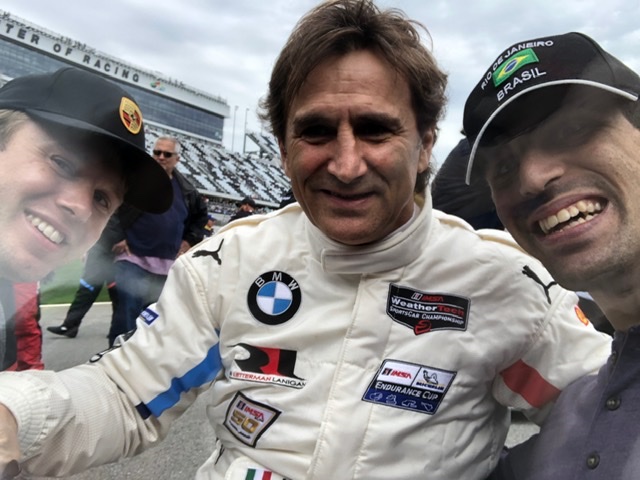
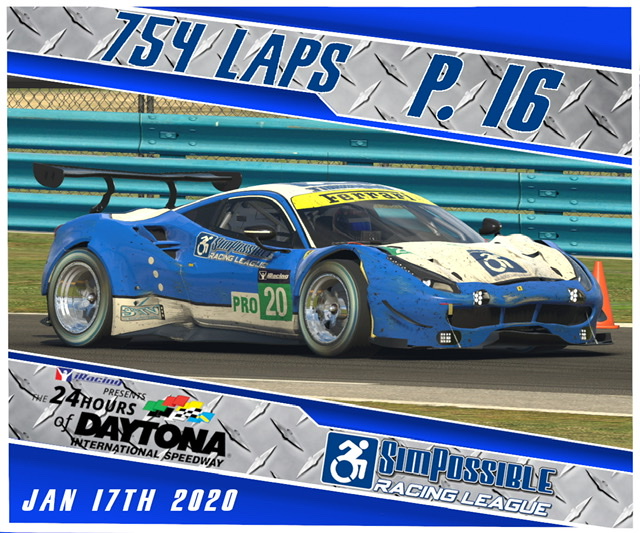
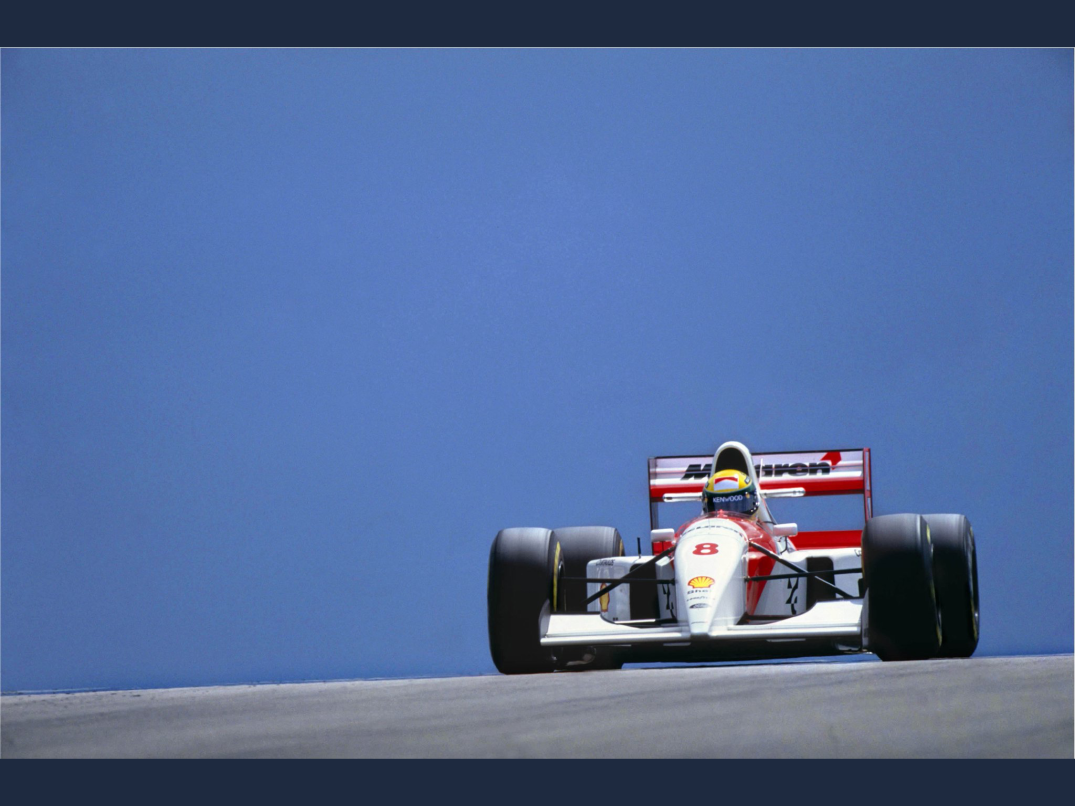 May 1, 2018
May 1, 2018